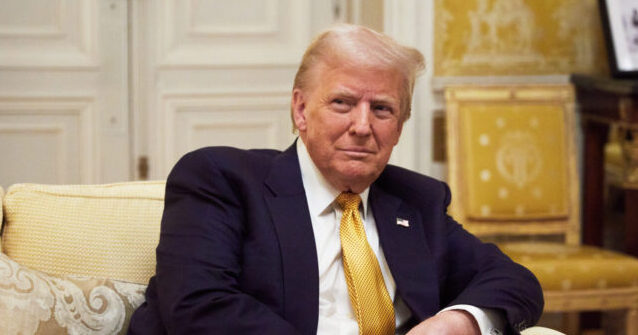Optimism among small-business owners in the United States reached its highest level in more than three years last month, driven by anticipation of economic policies expected to favor growth under Donald Trump’s return to the presidency.
The National Federation of Independent Business (NFIB) reported that its Small Business Optimism Index surged by 8 points in November to 101.7, its highest reading since June 2021. The increase was the largest on record. Meanwhile, the group’s uncertainty index fell by 12 points, reflecting easing concerns after the presidential election.
“The election results signal a major shift in economic policy, leading to a surge in optimism among small-business owners,” said Bill Dunkelberg, the NFIB’s chief economist. “Owners are particularly hopeful for tax and regulation policies that favor strong economic growth as well as relief from inflationary pressures.”
The report highlighted widespread improvements across the index’s components. The outlook for business conditions in the coming months soared by 41 points, the largest monthly jump since the NFIB began collecting data in 1986, bringing the metric to its highest level in over four years.
A net 14 percent of respondents indicated that they believe now is a good time to expand their operations, citing expectations of a friendlier tax and regulatory environment under a second Trump administration.
Confidence in future sales also strengthened significantly. A net share of owners predicted higher sales, a marked turnaround from consistent pessimism since early 2022. The last time expectations were this high was at the onset of the pandemic.
Despite the optimism, many businesses continued to grapple with persistent challenges. Inflation and difficulties in finding qualified workers remained key concerns. About 28 percent of respondents said they plan to raise prices in the next three months, the highest share since May. Meanwhile, 48 percent reported that they had encountered few or no qualified applicants for open positions.
Even so, hiring intentions showed modest improvement. A net 18 percent of owners reported plans to create new jobs in the next three months, up 3 percentage points from October.
The results underscore the renewed confidence among small-business owners as they anticipate potential policy shifts aimed at stimulating growth and easing economic pressures.



